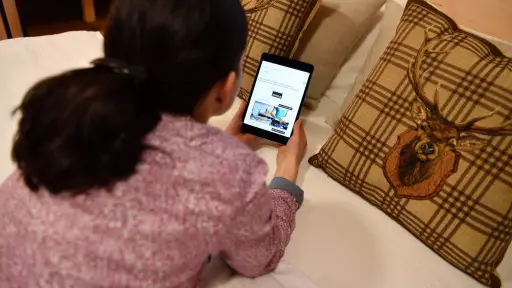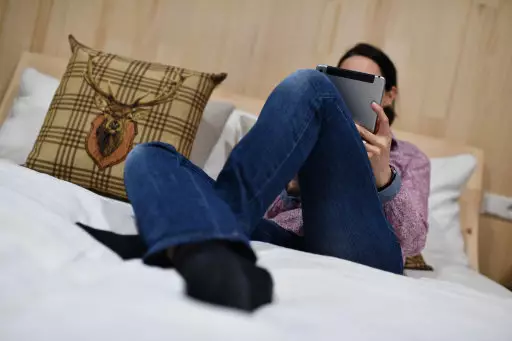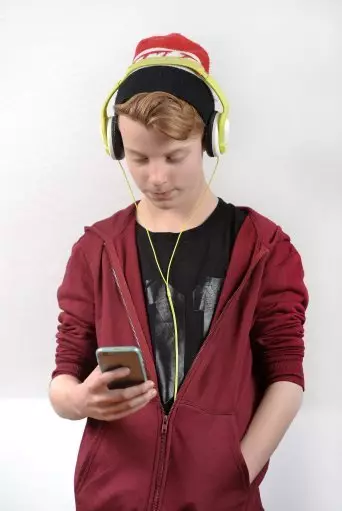
My other half is a stickler for it. Bedtime comes, lights out, and then.... the obligatory hour of Facebook scrolling.
After hours of swiping down the relentless posts, suddenly you're in 2012. The next thing you know, the half seven alarm goes off and it's like hell on earth.
Your eyes burn through tiredness for the whole of the next day, but it's almost habitual - you'll do the same the next evening too.
So, is the enemy your brain, your twitching thumb or something else? A study of 9,846 teenagers aged 16-19 in Norway for two years has been published in the BMJ Open.
The teens recorded their sleep patterns as well as their technology usage throughout the day, with the specific focus on the hour before bedtime.
Results found that the more you dose yourself with devices, the higher your risk of sleeplessness. Something they like to call a 'dose-response relationship'.
The scientists wrote: "Almost all adolescents reported using one or more electronic devices during the last hour before bed time.
"Extensive use of these devices was significantly and positively associated with SOL [sleep onset latency, or the amount of time it takes to nod off] and sleep deficiency."

Credit: PA
Advert
Many believe that it is the LED screens, and the blue-light that they emit. This interferes with the production of the sleep hormone melatonin in the brain.
However, Stephany Biello, a professor of neuroscience and biopsychology at the University of Glasgow, told LADbible that there could, due to the fact there are so many apps to combat blue-light, be something more to it.
"I think it's moved on from blue-light, we are now considering the fear of missing out, the fear of anxiety around not being connected.
"These are things associated with the emotional investment in social media.
"Sleep deprivation can lead to low self-esteem and anxiety."
Longer term effects can affect the metabolic function (i.e. weight gain) and the cognitive function.

Teenagers are more invested in their phones. Credit: PA
Advert
Age and mental attitude is also a big factor, according to Stephany. Teenagers already have a delayed body clock for their sleep as it stands.
She said: "Data indicators show it's to do with emotional involvement. Teenagers have quite a big emotional investment in social media.
"There are people, however, who will be able to use it without cognitive activity. If you have a fear of missing out, anxiety could impact negatively. It's a delicate balance.
That's not to say that phones are the only activity in which your brain starts racing. Stephany also admitted that a good book could also have similar effects.
Advert
There's also an exact science behind what time you should be going to bed if you want the perfect night's sleep.
Sleep well, everyone.
Featured Image Credit: PA